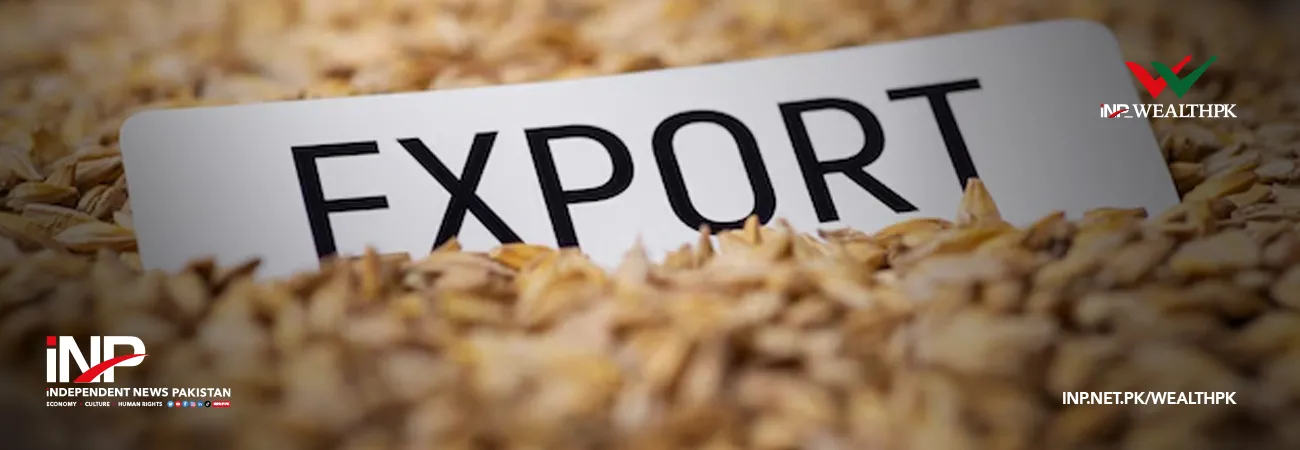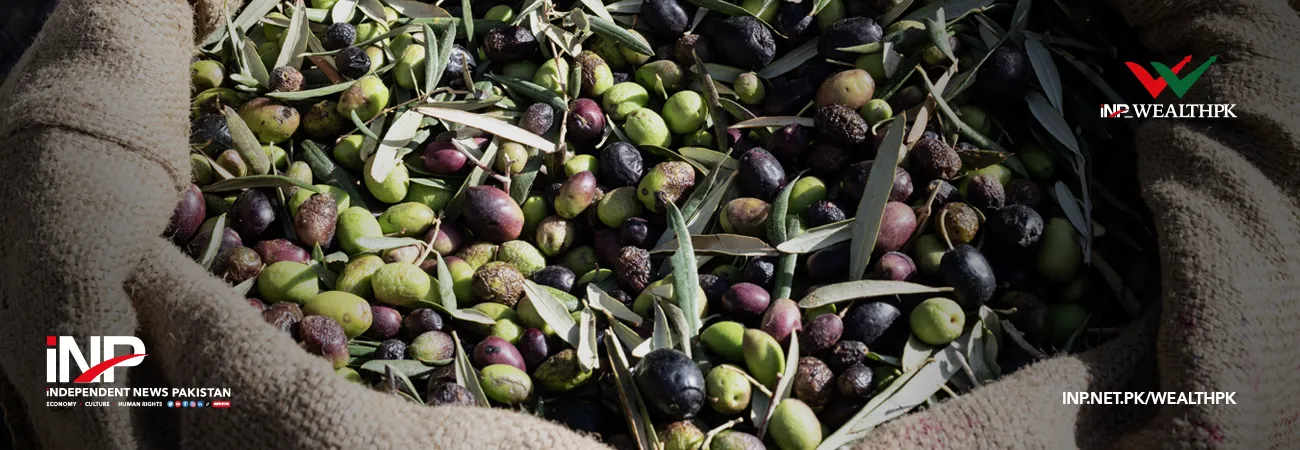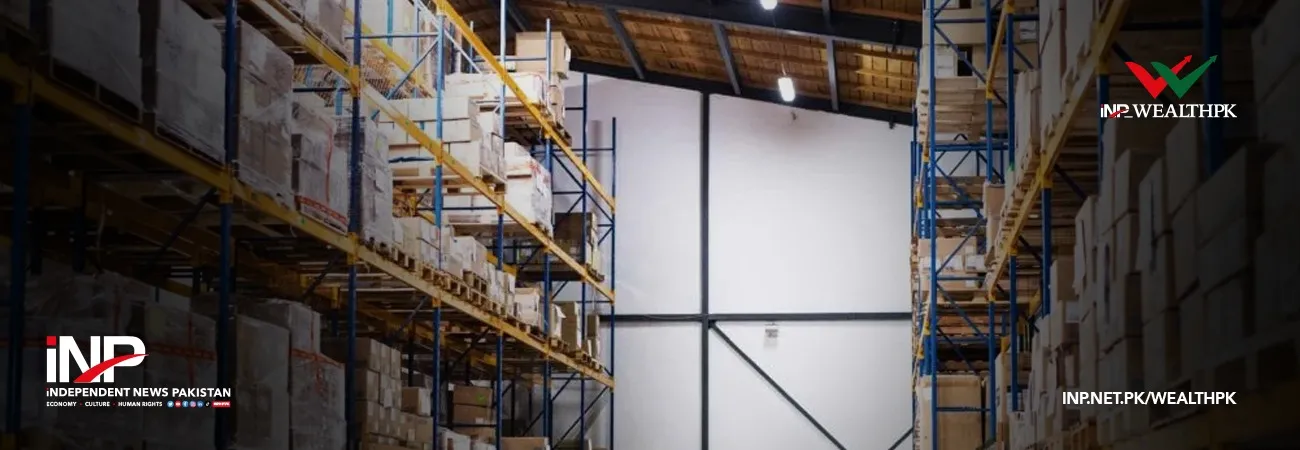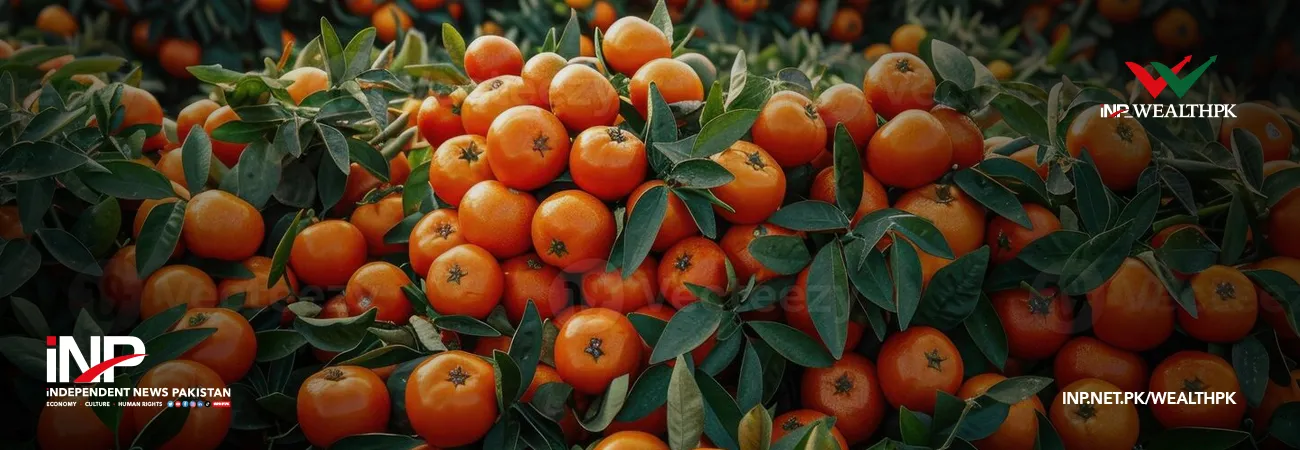INP-WealthPk
By Ayesha Mudassar
ISLAMABAD, May 30 (INP-WealthPK): Leading chemical producers to believe that a long-term and transparent policy can enable Pakistan to attract major investments in the petrochemical sector for import substitution.
This will create jobs and provide import substitution to help save foreign exchange spent on imports. Also, Pakistan should concentrate on increasing refinery capacity, they underscore, according to WealthPK.
 Engro Polymer & Chemicals, the sole manufacturer of PVC resin in Pakistan, has been playing a very important role in the country's overall chemical sector’s development. The corporation intends to build a propane dehydrogenation (PDH)-polypropylene (PP) plant, which will replace current imports of about 500,000 tonnes or more, saving the company roughly $800 million.
According to ICI Pakistan Limited, a Karachi-based chemical company, the country’s petrochemical sector has immense potential but it is usually underinvested. The consumption of petrochemical products in Pakistan has grown to a level where we are required to set up a large petrochemical plant.
However, the government needs to attract big investments, introduce transparent and competitive tax incentives, and tariff regulations to establish a viable petrochemical industry to substitute imports.
The absence of a petrochemical policy in Pakistan is unfortunately the main reason for the underinvestment in this sector. We need to develop a long-term incentive-based petrochemical policy to encourage investment.
According to Tufail Chemicals Limited, a leading chemical manufacturer, Pakistan imports around $3 billion of petrochemical products, and this figure is expected to rise to $5 billion soon unless import substitution is implemented.
Transparency and continuation of the policy are the most effective strategies to bring foreign investment as investors are willing to invest but require certain assurance from the government.
Petrochemicals, which are derived from oil and gas and are used in all sorts of daily products such as plastics, fertilizers, packaging, textiles, digital devices, medical equipment, detergents, and tyres, are becoming the major drivers of global oil demand.
Petrochemicals are set to account for over a third of the growth in oil demand by 2030, and nearly half by about 2050.
Engro Polymer & Chemicals, the sole manufacturer of PVC resin in Pakistan, has been playing a very important role in the country's overall chemical sector’s development. The corporation intends to build a propane dehydrogenation (PDH)-polypropylene (PP) plant, which will replace current imports of about 500,000 tonnes or more, saving the company roughly $800 million.
According to ICI Pakistan Limited, a Karachi-based chemical company, the country’s petrochemical sector has immense potential but it is usually underinvested. The consumption of petrochemical products in Pakistan has grown to a level where we are required to set up a large petrochemical plant.
However, the government needs to attract big investments, introduce transparent and competitive tax incentives, and tariff regulations to establish a viable petrochemical industry to substitute imports.
The absence of a petrochemical policy in Pakistan is unfortunately the main reason for the underinvestment in this sector. We need to develop a long-term incentive-based petrochemical policy to encourage investment.
According to Tufail Chemicals Limited, a leading chemical manufacturer, Pakistan imports around $3 billion of petrochemical products, and this figure is expected to rise to $5 billion soon unless import substitution is implemented.
Transparency and continuation of the policy are the most effective strategies to bring foreign investment as investors are willing to invest but require certain assurance from the government.
Petrochemicals, which are derived from oil and gas and are used in all sorts of daily products such as plastics, fertilizers, packaging, textiles, digital devices, medical equipment, detergents, and tyres, are becoming the major drivers of global oil demand.
Petrochemicals are set to account for over a third of the growth in oil demand by 2030, and nearly half by about 2050.
 Malaysia, South Korea, India, China, and Vietnam all have made large investments in refining and petrochemicals, which have greatly assisted them in achieving exceptional economic growth and prosperity.
Various Chinese companies have expressed their interest in investing $15 billion in the petrochemical sector of Pakistan. The venture also includes a project of constructing an energy pipeline from Gwadar to China.
Recently, Pakistan hosted its first-ever petrochemical symposium in Islamabad, which highlighted the sector's potential and urged the government to implement a well-thought-out, long-term, and transparent policy to attract multibillion-dollar investment.
Pakistan can bring an industrial revolution by concentrating on the development of the petrochemical manufacturing industry to improve its inadequate refining capacity and reduce the country’s ever-rising oil import bill.
Structuring tariffs, duties, and taxes and providing independent and regionally competitive policy would help the country tap its petrochemical sector’s potential.
Malaysia, South Korea, India, China, and Vietnam all have made large investments in refining and petrochemicals, which have greatly assisted them in achieving exceptional economic growth and prosperity.
Various Chinese companies have expressed their interest in investing $15 billion in the petrochemical sector of Pakistan. The venture also includes a project of constructing an energy pipeline from Gwadar to China.
Recently, Pakistan hosted its first-ever petrochemical symposium in Islamabad, which highlighted the sector's potential and urged the government to implement a well-thought-out, long-term, and transparent policy to attract multibillion-dollar investment.
Pakistan can bring an industrial revolution by concentrating on the development of the petrochemical manufacturing industry to improve its inadequate refining capacity and reduce the country’s ever-rising oil import bill.
Structuring tariffs, duties, and taxes and providing independent and regionally competitive policy would help the country tap its petrochemical sector’s potential.













